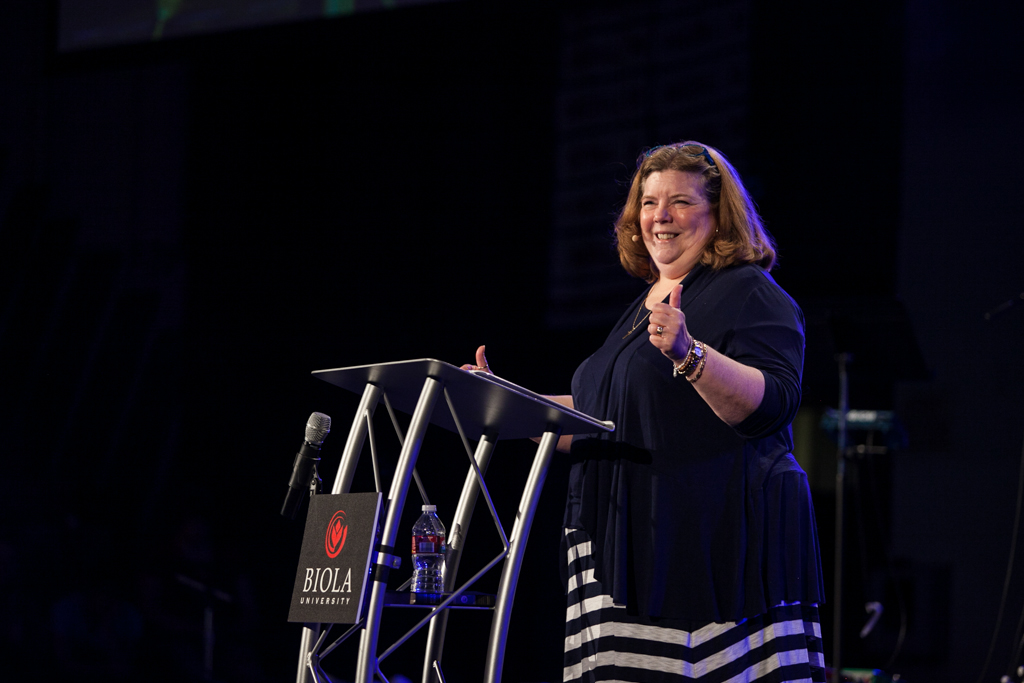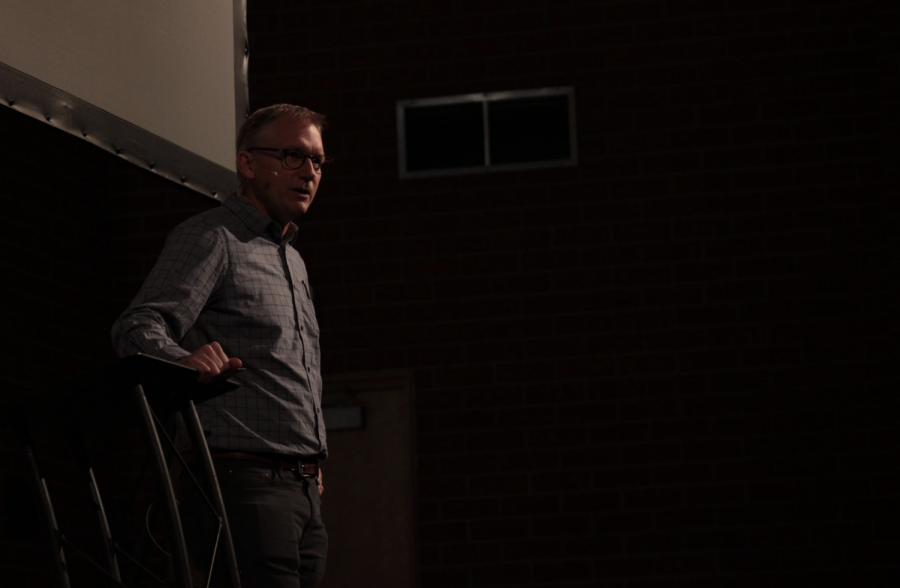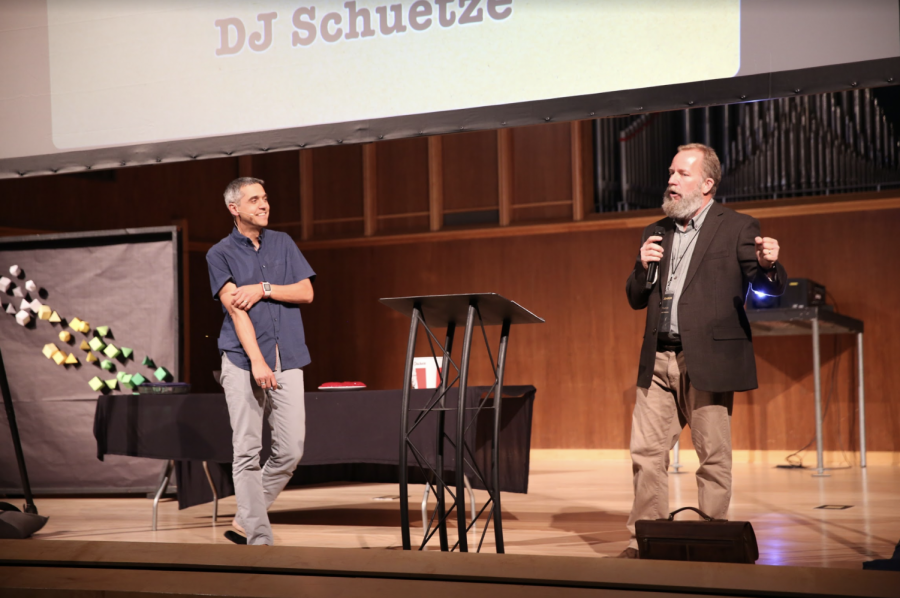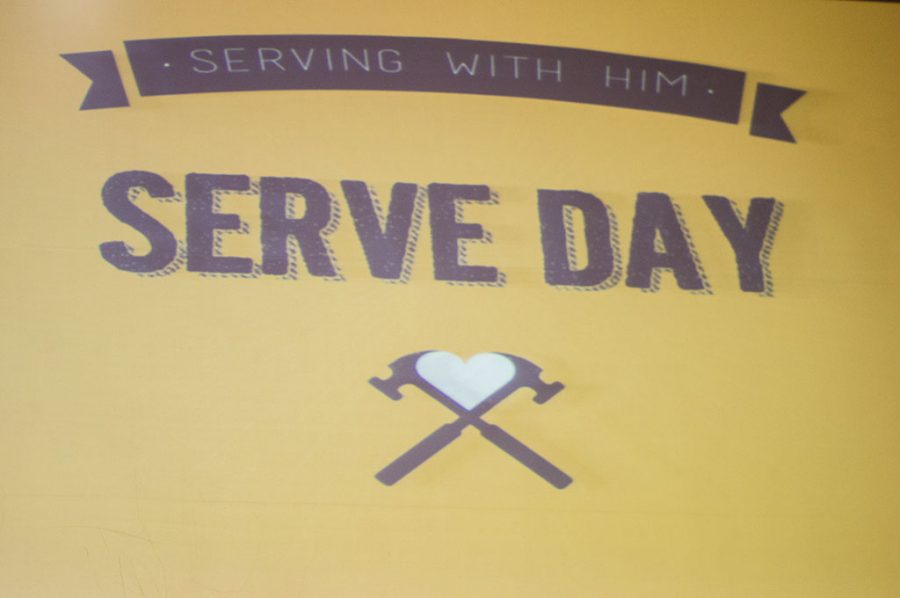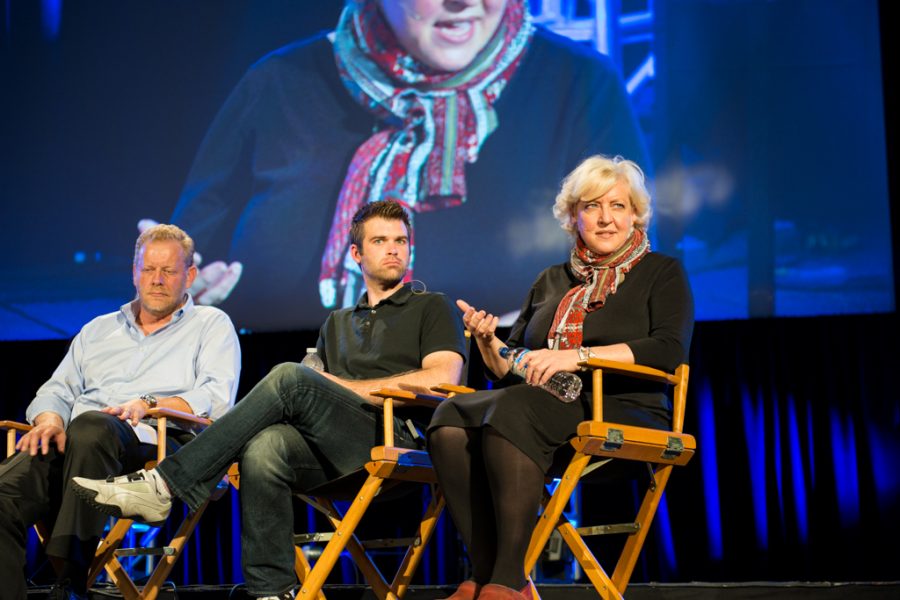Although I am familiar enough with the Lord’s Prayer to recite snippets of it, I have never dedicated it to memory. Before this morning’s session, Praying with Jesus by Betsy Barber, I did not realize what a useful template and tool it is for my daily prayer life.
Barber opened by posing the question, “If Jesus came up to you and asked, ‘What do you want me to do for you?’, what would you say?”
Then she told us to tuck our response away in our back pocket for later.
Barber’s devotional and prayer life took off as a college student as she began to relate to God as an adult rather than a child. Prayer involves talking, asking and listening. She expressed that it is a privilege to be able to talk to our Abba Father. For the remainder of the session she walked us through the Lord’s Prayer, using each section as an intercessory point.
The Lord’s Prayer begins in adoration. “Hallowed be your name” reminds Barber that she is praying to a God who is holy. “Your kingdom come and your will be done” gives us the opportunity to simply give God our situation.
In addition to the prayer itself, Barber addressed the temptation to wait until we feel clean to pray. She urged us to pray anyways.
“Pray messy because that’s the real us and it’s the real us that God really loves,” she said.
Then Barber talked about praying for our practical needs, our “daily bread.” Daily bread is what sustains us for this day of life: food, money, bills and the strength to obey Him. Barber said she sometimes worries at God instead of praying to him. She said we should always pray and never give up like the widow in Luke 18. God wants us to be persistent and keep asking for what we need. The Father will give us good things. He answers prayer with the goodness of the Holy Spirit.
Next is the statement “forgive us our sins.” We forgive as sinners forgiving other sinners. By acknowledging the hurt and choosing not to take revenge, we hand the person who wronged us over to God, freeing us from the trap of unforgiveness.
Barber said, “Every day you wake up on a battlefield. You are the battlefield.”
At the end, Barber returned to our answers from the first question. She asked us which part of the Lord’s Prayer our prayers fall into. Barber closed the session by reading through the Lord’s Prayer with the audience.



